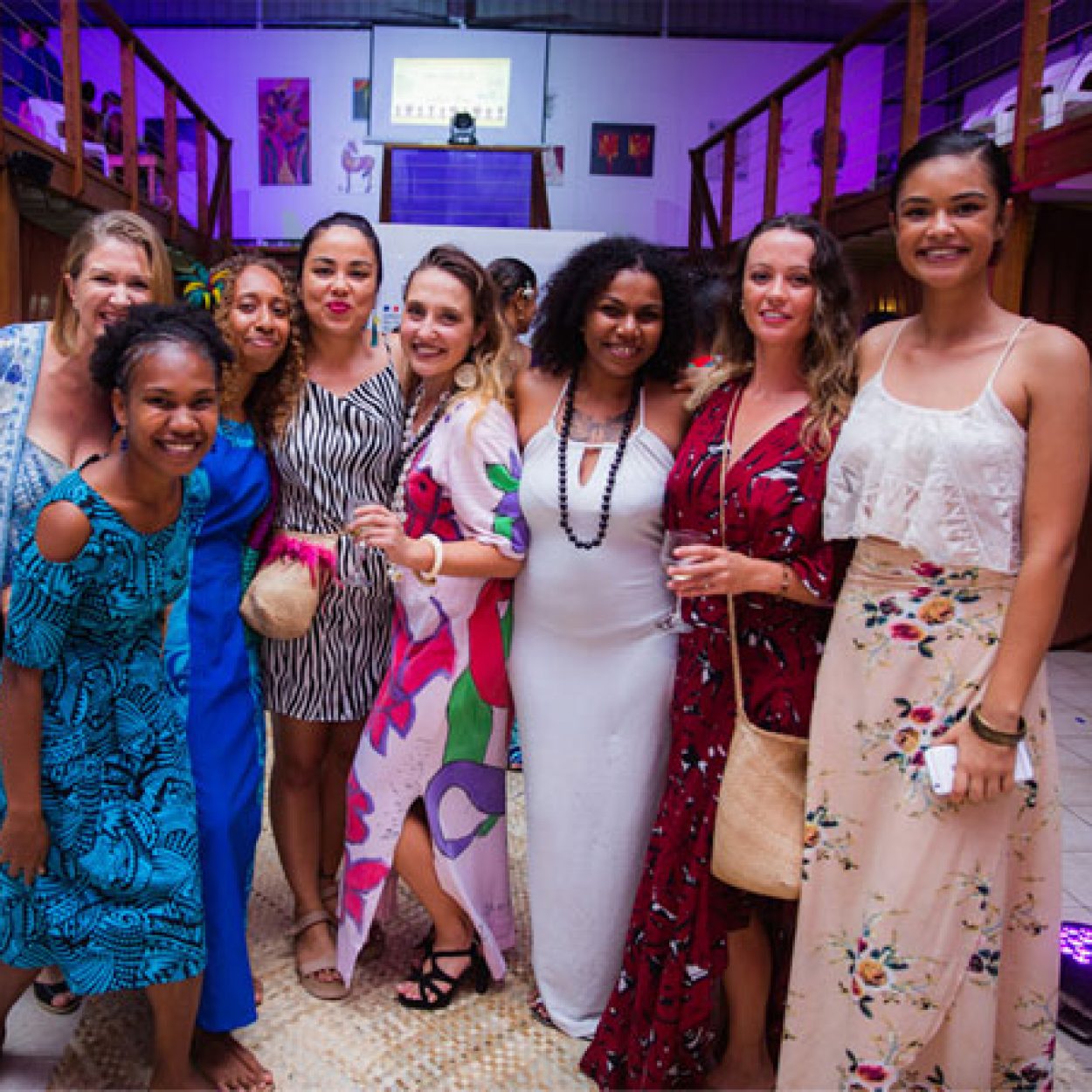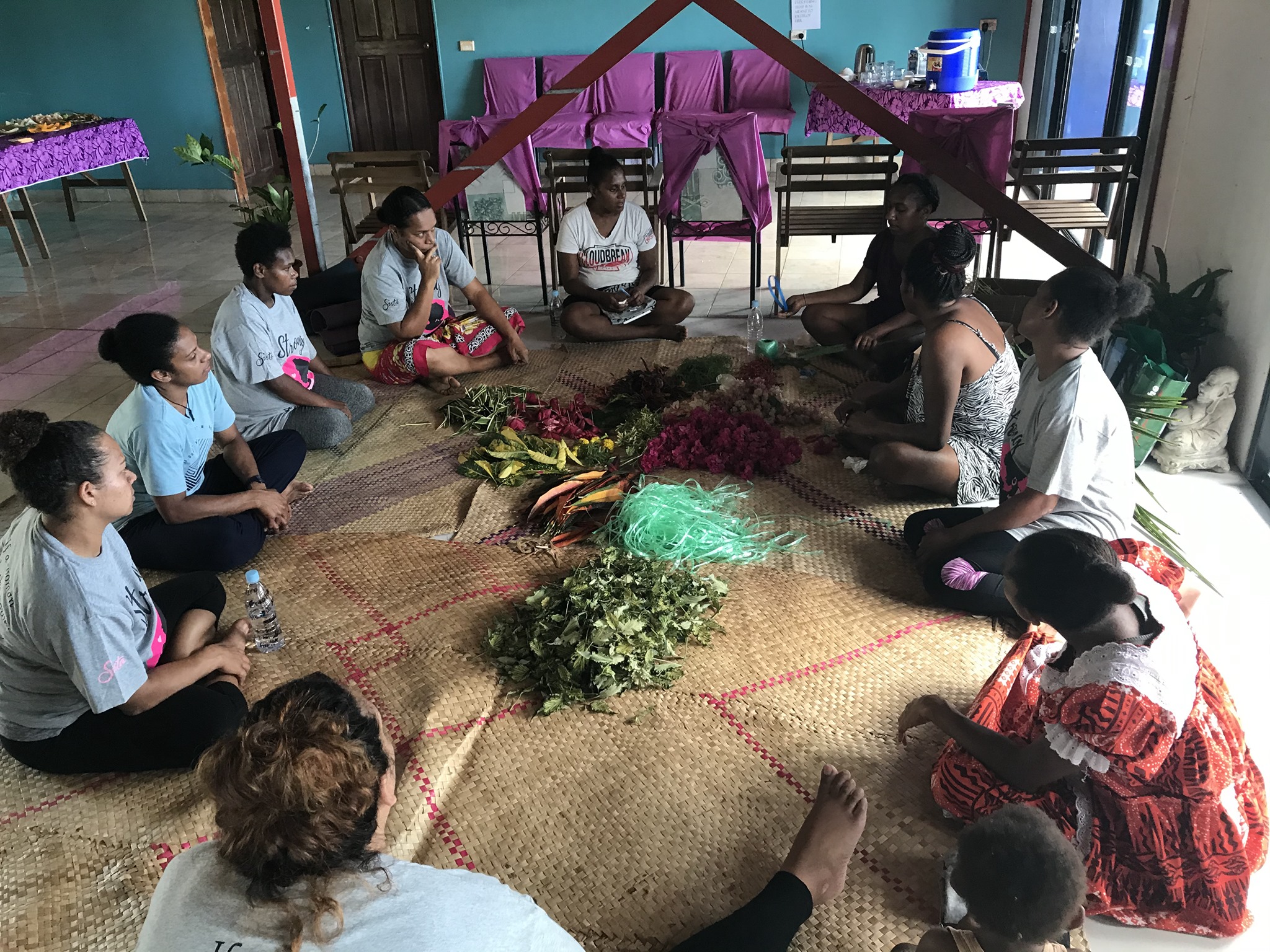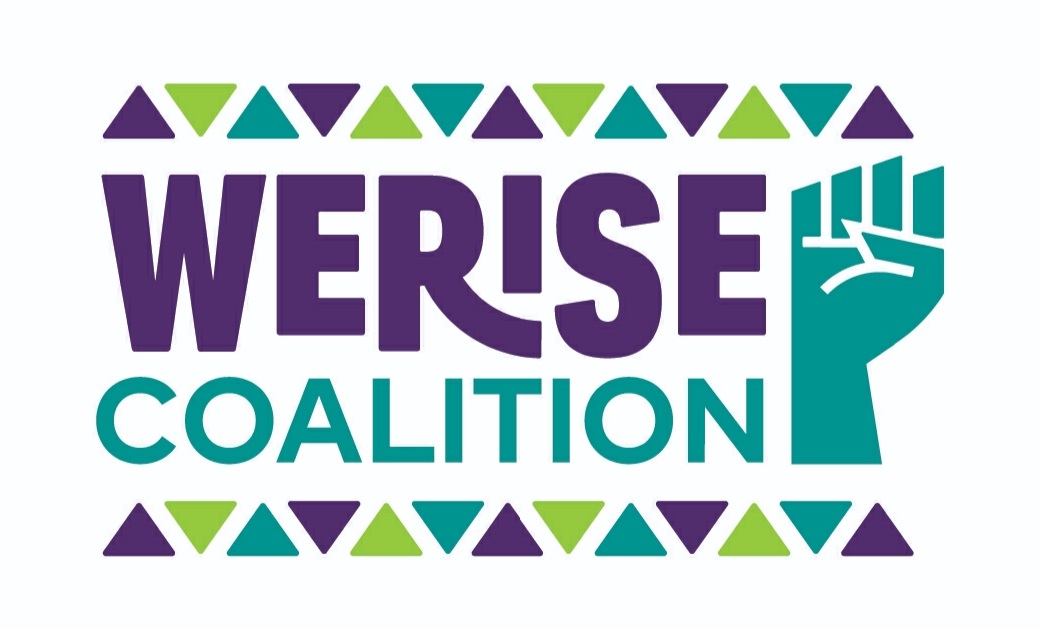
Creating the language of gender equality in Vanuatu
Fighting for gender equality is fraught with challenges wherever you are in the world – and in some ways, that is to be expected. Introducing new ideas that have the power to disrupt and completely dismantle current ways of being is bound to prove challenging at the best of times.
But what if, on top of that, you also had to find a way to fight for gender equality in a country that simply does not have the language to articulate those ideas?
This is the reality for Vanuatu-based organisation Sista and a question its founder, Yasmine Bjornum, has been tackling for the past six years.
“In our language we don’t have any words for lesbian, gay, bisexual transgender. We don’t have words for anxiety, depression, any mental health issues, let alone words to discuss feminist theory or anything related to that – in Bislama we just don’t have that. And if we don’t have the words, how can we change the narrative?”

From personal experience to advocacy
Launched as an online magazine in 2016, the idea behind Sista was simple – to create a space for women in Vanuatu to connect, share their personal experiences and learnings and talk about the issues that affect them.
For Yasmine, the need to create this space came from a very personal experience. Born and raised in Vanuatu, she was living in Sydney when she first found out she was pregnant. Suddenly faced with the reality of life as a single mother, she became starkly aware of how differently she was able to navigate the challenges simply because of where she was in the world.
“That experience of recognising the opportunities that I was being given in Australia versus what would have happened to me if I was back home really made me understand for the first time that gender inequality does exist and we do have an issue with how we treat women.”
As Yasmine describes it, the challenges and barriers women face in Vanuatu to this day are very real. In 2022, Vanuatu is one of only three countries in the world to have no women in parliament, with only five women elected to office in the country’s over 40-year history since independence. Economically, women continue to account for less than 40% of people in formal employment, with a much greater proportion of women engaging in informal or unpaid work than men. Sadly, gender-based violence is also an unacceptably normal part of life for many, with about 60% of women having experience physical or sexual violence at the hands of an intimate partner.
For Sista, shining a light on these issues and providing a safe space where Ni-Vanuatu women can voice their opinions on them has been a priority from the start. But more than just having women’s voices heard, Sista is also advocating for progress on these issues.
The best way they’ve found to do that in a country lacking the language and willingness to facilitate this change? Through the arts, media and communications.
“We’re now at the point where we are demanding change and the lens through which we do it is quite creative. Using arts and media and communications is a really nice way to be able to generate conversations without being so radical and upfront with the issues that we face.”
Art, media and communication as a medium for change
Through creative projects that might, on the face of it, seem innocuous, Sista has been able to push boundaries and hold space for conversations that many would otherwise bristle at the thought of even mentioning.

In 2021, they held the Yumi Gat Style fashion show. Inspired by their ongoing fashion series Sista Gat Style, the fashion show was promoted as way to showcase local handicraft, build the capacity of local fashion designers and celebrate Ni-Vanuatu culture through fashion and accessories. The blog and fashion show also opened up a unique space for conversations around gender norms, body positivity, the true diversity of Ni-Vanuatu women and different ways of existing as such.
“That was an opportunity for us to be able to explore body positivity. To be able to look at gender equality by creating these workshops with our models in the lead-up to it and using that space to consider what we think is an ideal Ni-Vanuatu man, or an ideal Ni-Vanuatu woman and how dress plays into this. And through those conversations, use fashion as an avenue to explore all of these sensitive topics that we generally probably wouldn’t even be able to get these people in the same room to talk about.”
The Strong Mama Program is another way they are achieving this. A project close to Yasmine’s heart, the program seeks to create transformative change for single mothers in Vanuatu through workshops designed to help them come together and openly share experiences and struggles while providing them with the tools to manage these. Never losing the focus on art, the end goal of the program was to produce an exhibition around art pieces created during these workshops around the highs and lows of single motherhood. With government officials invited to view the pieces, Sista and the women of the Strong Mama Program advocated for change around parental laws and the support available to single mothers in Vanuatu.

Getting men to step up
While these programs largely focus on empowering women to create change, Yasmine does not believe that it means the responsibility for achieving gender equality and combatting gender-based violence lies solely on the shoulders of women.
“When it comes to violence against women and girls, I feel very strongly that this ain’t our problem. This is not our issue, it is a man’s issue. If we’re going to be working in this area, then we are bringing men on board because we are not carrying this anymore.”
As part of their focus on getting men to take responsibility for their role in perpetuating inequality and violence against women and girls, Sista recently ran a campaign for the UN 16 Days of Activism Against Gender-Based Violence featuring male champions speaking out on this kind of violence. For Sista, having men being actively part of this journey is the only way forward.
“If we are going to end violence against women and girls, then those guys need to start doing the work, the healing, the fixing, being part of this conversation. We’re focused on getting men to take responsibility for the pain that has been caused.”
Navigating the tension between culture and progress
In everything they do, Sista is changing ideas of what being a Ni-Vanuatu man or woman means and how gender equality fits within this. But to Yasmine, redefining this does not have to come at the expense of tradition and culture – referred to locally as kastom. If anything, making room for both is essential to the progress Sista wants to bring about.
“Our biggest challenge when it comes to promoting gender equality is how do you still respect kastom and culture. As we’re moving forward, progressing, developing, how do we ensure that we still retain these values that make Vanuatu what it is but also get rid of the ones that oppress women?”
For Sista, advocating for progress then becomes about reclaiming culture and embracing the values that make Vanuatu unique while doing away with the toxic attitudes that perpetuate gender inequality. A key part of that is also recognising and calling out instances where the idea of kastom is used to justify violence and discrimination. As a chief once said to a Sista program participant, “Kastom does not teach violence – kastom is all about respect.”
Sista and the We Rise Coalition
Sista joined the We Rise Coalition in 2021. Comprised of seven partner organisations, the Coalition seeks to join the strengths, resources and networks of each partner in advancing women’s rights and creating a political force for change in the Pacific.
Through We Rise, Yasmine says she has finally found a space to connect with other feminists in the movement. Similar to what she sought to create with Sista, the Coalition has provided her with a space to share the struggles they have faced as an organisation and learn from the other partners. Describing her start in this space as originally lonely, having people to call on to who similarly understand what it’s like to run a feminist organisation in the Pacific has made a huge difference.
As she looks towards expanding Sista’s work, increasing the organisation’s sustainability and building the capacity of the women that now work with her, she hopes to similarly see the local women’s movement in Vanuatu strengthen to begin matching that of other countries in the Pacific – creating a new type of sisterhood around their fight for progress as they pave a way forward for Ni-Vanuatu women through a vision of equality and feminism that is distinctly theirs.
The We Rise Coalition is funded by the Australian Government through the Department of Foreign Affairs and Trade.


